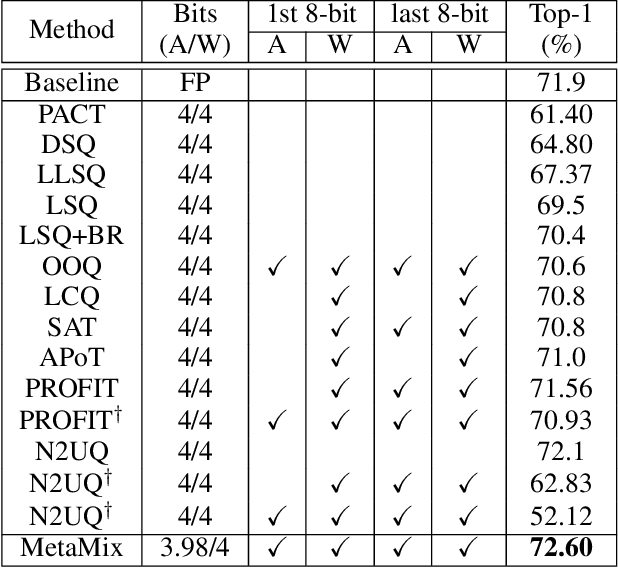Han-Byul Kim
MemoryLLM: Plug-n-Play Interpretable Feed-Forward Memory for Transformers
Jan 30, 2026Abstract:Understanding how transformer components operate in LLMs is important, as it is at the core of recent technological advances in artificial intelligence. In this work, we revisit the challenges associated with interpretability of feed-forward modules (FFNs) and propose MemoryLLM, which aims to decouple FFNs from self-attention and enables us to study the decoupled FFNs as context-free token-wise neural retrieval memory. In detail, we investigate how input tokens access memory locations within FFN parameters and the importance of FFN memory across different downstream tasks. MemoryLLM achieves context-free FFNs by training them in isolation from self-attention directly using the token embeddings. This approach allows FFNs to be pre-computed as token-wise lookups (ToLs), enabling on-demand transfer between VRAM and storage, additionally enhancing inference efficiency. We also introduce Flex-MemoryLLM, positioning it between a conventional transformer design and MemoryLLM. This architecture bridges the performance gap caused by training FFNs with context-free token-wise embeddings.
SPD: Sync-Point Drop for efficient tensor parallelism of Large Language Models
Feb 28, 2025Abstract:With the rapid expansion in the scale of large language models (LLMs), enabling efficient distributed inference across multiple computing units has become increasingly critical. However, communication overheads from popular distributed inference techniques such as Tensor Parallelism pose a significant challenge to achieve scalability and low latency. Therefore, we introduce a novel optimization technique, Sync-Point Drop (SPD), to reduce communication overheads in tensor parallelism by selectively dropping synchronization on attention outputs. In detail, we first propose a block design that allows execution to proceed without communication through SPD. Second, we apply different SPD strategies to attention blocks based on their sensitivity to the model accuracy. The proposed methods effectively alleviate communication bottlenecks while minimizing accuracy degradation during LLM inference, offering a scalable solution for diverse distributed environments: SPD offered about 20% overall inference latency reduction with < 1% accuracy regression for LLaMA2-70B inference over 8 GPUs.
MetaMix: Meta-state Precision Searcher for Mixed-precision Activation Quantization
Nov 12, 2023



Abstract:Mixed-precision quantization of efficient networks often suffer from activation instability encountered in the exploration of bit selections. To address this problem, we propose a novel method called MetaMix which consists of bit selection and weight training phases. The bit selection phase iterates two steps, (1) the mixed-precision-aware weight update, and (2) the bit-search training with the fixed mixed-precision-aware weights, both of which combined reduce activation instability in mixed-precision quantization and contribute to fast and high-quality bit selection. The weight training phase exploits the weights and step sizes trained in the bit selection phase and fine-tunes them thereby offering fast training. Our experiments with efficient and hard-to-quantize networks, i.e., MobileNet v2 and v3, and ResNet-18 on ImageNet show that our proposed method pushes the boundary of mixed-precision quantization, in terms of accuracy vs. operations, by outperforming both mixed- and single-precision SOTA methods.
JaxPruner: A concise library for sparsity research
May 02, 2023


Abstract:This paper introduces JaxPruner, an open-source JAX-based pruning and sparse training library for machine learning research. JaxPruner aims to accelerate research on sparse neural networks by providing concise implementations of popular pruning and sparse training algorithms with minimal memory and latency overhead. Algorithms implemented in JaxPruner use a common API and work seamlessly with the popular optimization library Optax, which, in turn, enables easy integration with existing JAX based libraries. We demonstrate this ease of integration by providing examples in four different codebases: Scenic, t5x, Dopamine and FedJAX and provide baseline experiments on popular benchmarks.
 Add to Chrome
Add to Chrome Add to Firefox
Add to Firefox Add to Edge
Add to Edge